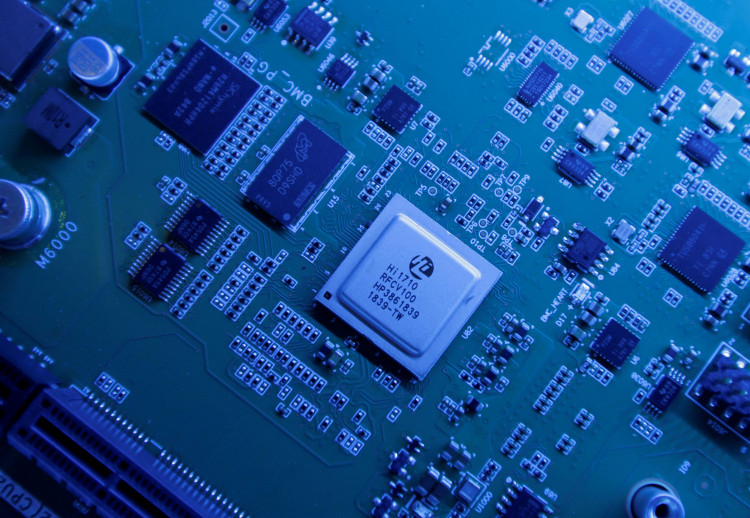On Wednesday, U.S. President Joe Biden signed into law a package providing $52.7 billion in subsidies for American semiconductor manufacturing and research, in a historic move to increase United States scientific and technological competition with China.
The Biden administration has previously emphasized that the measure, now known as the CHIPS and Science Act, is crucial to national security, allowing the United States to compete with China and reduce reliance on Taiwan and South Korea for important technologies.
Biden stated during the White House signing, "The future will be made in America" and called the bill "a once-in-a-generation investment in America itself."
The U.S. Department of Commerce has not yet formulated evaluation criteria for grant submissions, and it is unknown when projects will be funded.
U.S. semiconductor businesses have began announcing investments worth billions of dollars. Qualcomm has agreed to spend a total of $7.4 billion on purchases between now and 2028 after agreeing to purchase an additional $4.2 billion worth of semiconductor chips from the New York manufacturing facility of GlobalFoundries on Monday.
Micron, Intel, Lockheed Martin, HP, and Advanced Micro Devices, as well as cabinet officials and auto industry and labor leaders, including United Auto Workers President Ray Curry, attended the signing, according to the White House.
According to the White House, the U.S. market share will expand from 2% to 10% as a result of Micron's announcement of a $40 billion investment in memory chip manufacturing.
Micron announced on Tuesday that its investments will create up to 40,000 manufacturing and construction jobs, and that it expects to get funding from the semiconductor bill.
Continuous chip shortages have affected vehicles, firearms, washing machines, and video games, among other things. As the chip shortage continues to disrupt automakers, tens of thousands of automobiles and trucks are idling in southeast Michigan.
The law also provides a 25% investment tax credit for chip manufacturing facilities, which is estimated to be worth $24 billion. Congress will still need to pass separate appropriations legislation to fund these investments.
The bill also includes important limits desired by Republicans and China hawks. Companies receiving aid must promise not to expand their production of advanced chips in China.
Through lobbying, China has resisted the semiconductor law. The Chinese embassy in Washington stated that China "strongly opposed" the proposal, comparing it to a "Cold War mentality."
Numerous U.S. legislators have stated that they typically oppose large subsidies for private corporations, but have observed that China and the European Union have provided billions in incentives to their chip producers.





